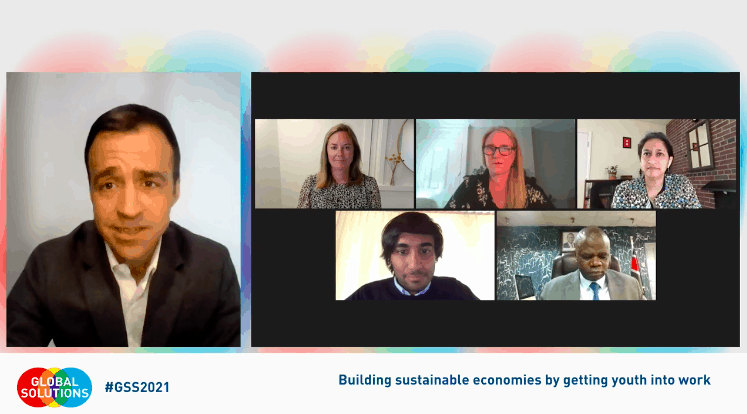Policy Area:
Global Cooperation for Financing SDGs
Global Cooperation for Financing SDGs
The economic system that uplifted society coming out of World War II has, with the aid of a massive disruption in technology, also created significant income and wealth disparities, a lack of trust in institutions, growing populism and social unrest. Youth are among those who have often been locked out of the benefits of the economic system, and COVID has exacerbated this. The ILO in January estimated that 8.7% more young people withdrew from the workforce in 2020 than would have done otherwise, with employment losses being relatively higher for women and young workers. At the same time, there are 267 million young people (15-24 years old) who are not in employment, education or training, two-thirds of which are young women. And even before the pandemic, 77 per cent of the 429 million employed youth had jobs in the informal sector, often characterized by poorer working conditions, less protection, long hours and lack of organization and voice. The world faces an urgent need to focus on (re)skilling youth and connect them to employment and entrepreneurial opportunities as countries make the shift to educational and economic recovery and “building forward stronger.” Coming out of COVID, society has an opportunity to create more sustainable, resilient, and healthier economies by getting youth back to work and skilled in a way that meets the needs of employers facing an increasingly digital economy. This will require, however, that the public and private sectors and civil society work together to bring youth —particularly young women and girls, and disadvantaged communities -back to work quickly, provide them with adequate skills training to close skills gaps and create jobs to utilise this new group of entrants.







